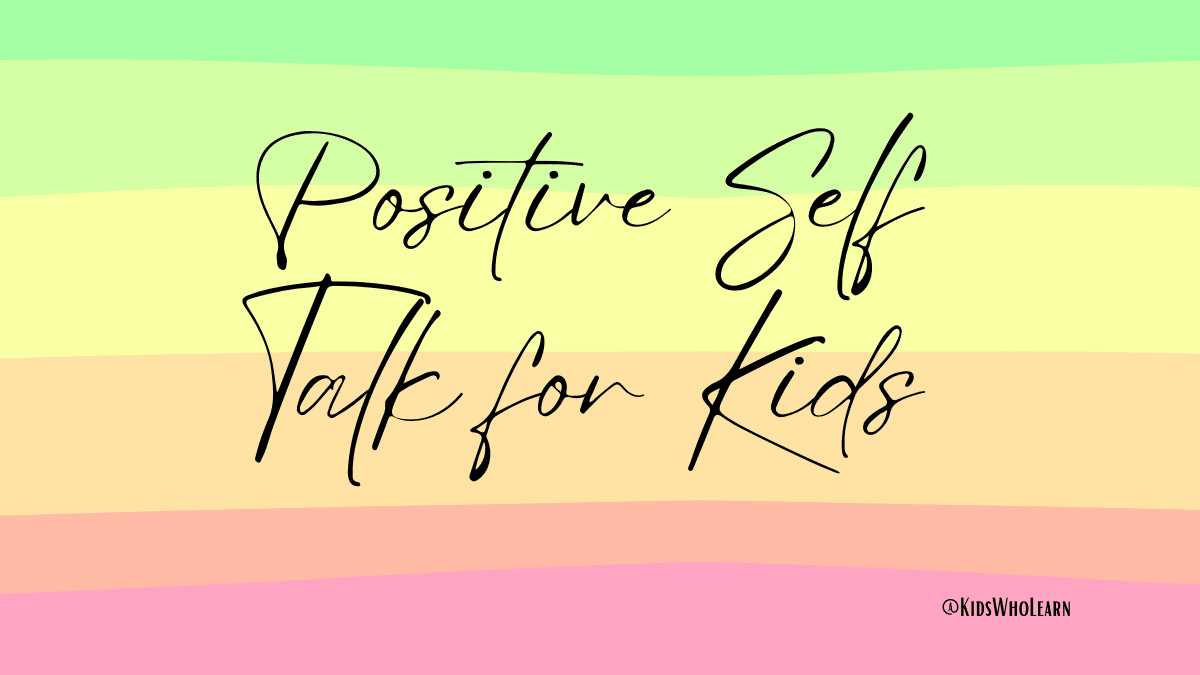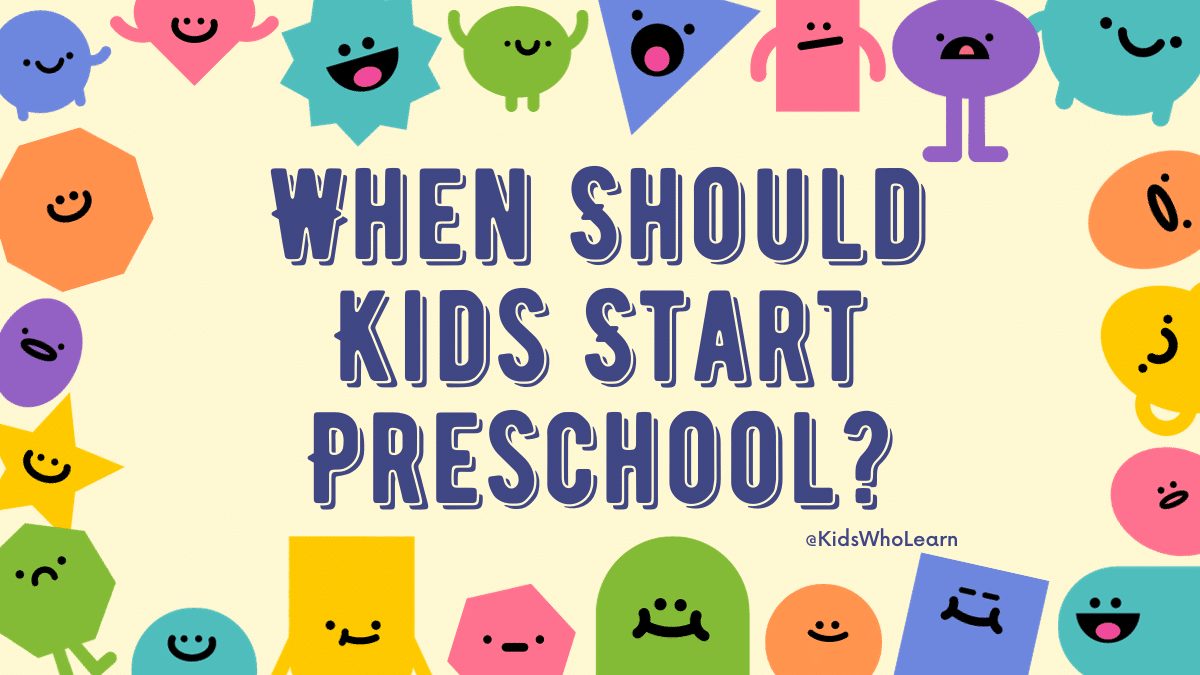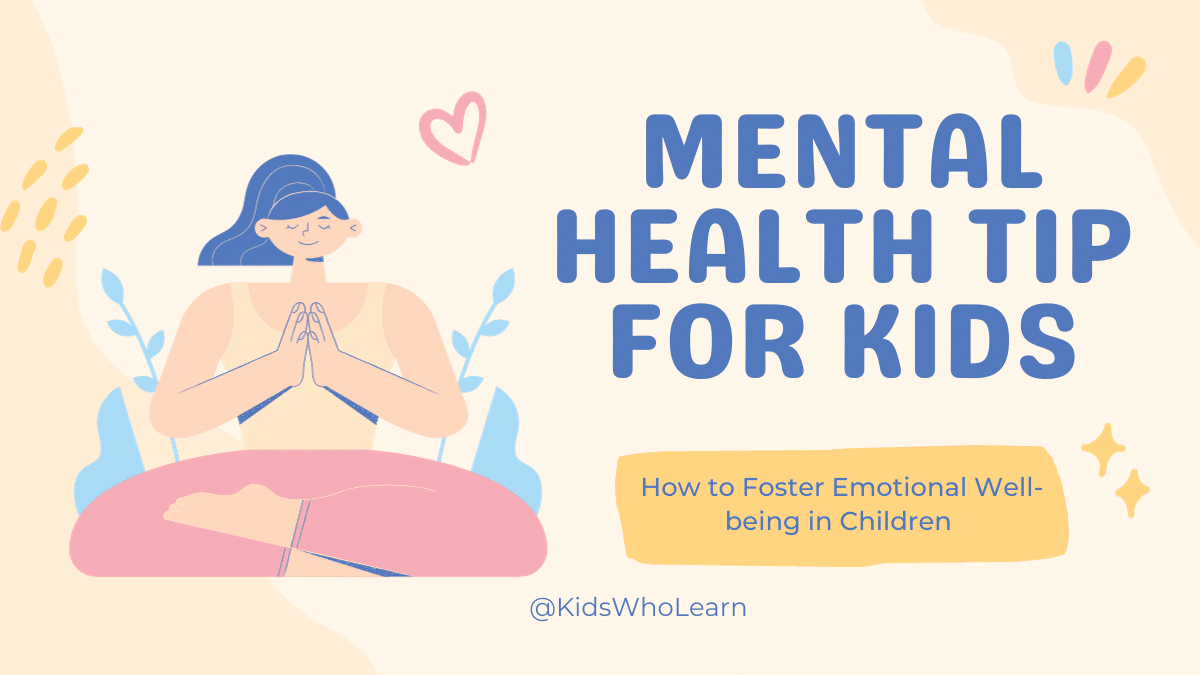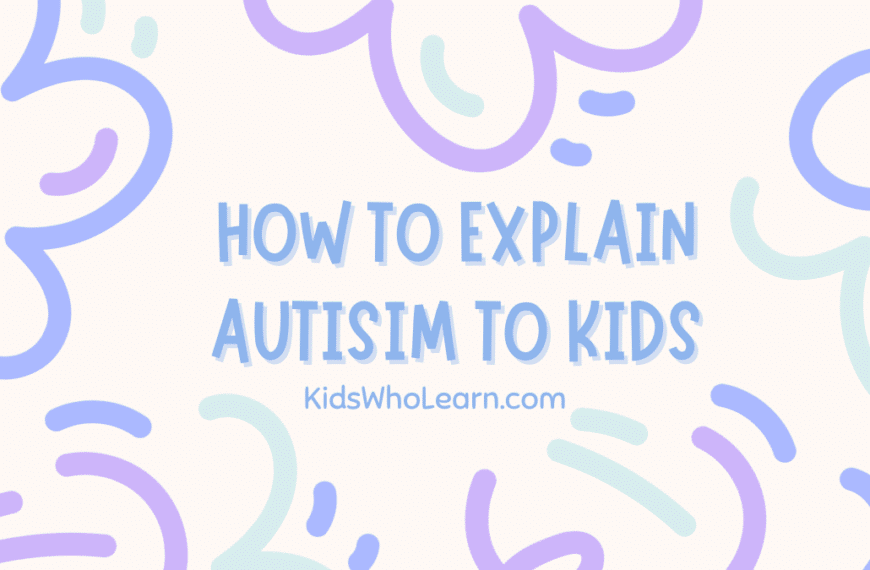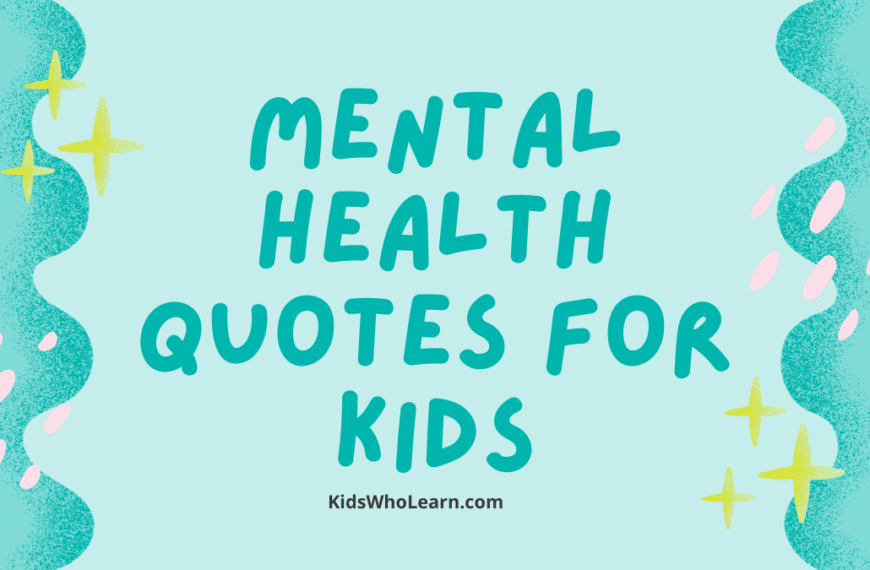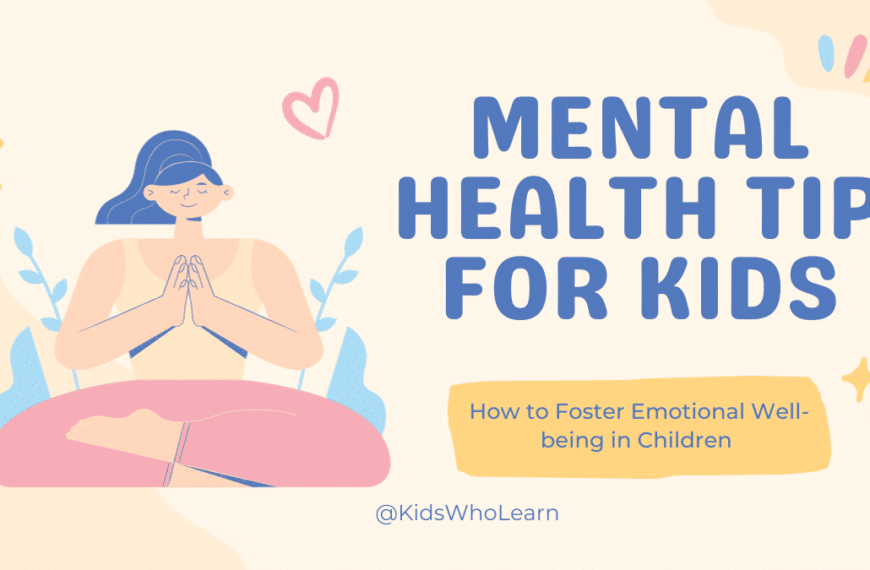Positive self-talk is a powerful tool that can help children build resilience, confidence, and self-esteem. When children learn to talk to themselves in a positive and encouraging way, they are better equipped to handle challenges and setbacks, and they are more likely to believe in their ability to succeed. In this article, you will learn about the benefits of positive self-talk for kids and how you can help your child develop this important skill.
Positive self-talk involves using kind, supportive, and empowering words to encourage yourself and build your self-confidence. It’s a skill that can be learned and practiced, and it can have a significant impact on a child’s mental health and well-being. By teaching your child how to use positive self-talk, you can help them develop a more positive and optimistic outlook on life, and you can give them the tools they need to overcome challenges and achieve their goals.
Understanding Self Talk
Self-talk is the way you talk to yourself in your mind. It is the constant stream of thoughts that you have throughout the day. Everyone has self-talk, and it can be either negative or positive. Negative self-talk is when you say things to yourself that make you feel bad, such as “I’m not good enough” or “I can’t do this.” Positive self-talk is when you say things to yourself that make you feel good and help you achieve your goals, such as “I can do this” or “I am capable.”
It’s important to understand that self-talk can have a big impact on how you feel and what you do. Negative self-talk can make you feel sad, anxious, or stressed, while positive self-talk can make you feel happy, confident, and motivated. When you have positive self-talk, you are more likely to take on challenges and try new things, while negative self-talk can hold you back and make you feel like you can’t do anything.
One way to start using positive self-talk is to pay attention to the things you say to yourself. When you notice negative thoughts, try to replace them with positive ones. For example, if you catch yourself thinking “I’m not good enough,” try replacing it with “I am capable and I can do this.” Over time, this can help you develop a more positive mindset and feel better about yourself.
Remember that self-talk is a habit, and like any habit, it takes time and practice to change. Be patient with yourself and keep working on using positive self-talk. With time and effort, you can develop a more positive mindset and achieve your goals.
Importance of Positive Self Talk for Kids
Positive self-talk is a powerful tool that can help kids build confidence, self-esteem, and resilience. By using positive affirmations and self-talk, kids can learn to believe in themselves and their abilities, even in the face of challenges and setbacks.
Research has shown that positive self-talk can have a significant impact on a child’s mental health and well-being. It can help reduce stress and anxiety, improve mood, and promote a more positive outlook on life.
Teaching kids to use positive self-talk can also help them develop a growth mindset, which is the belief that their abilities and intelligence can be developed through hard work and dedication. This can help them approach challenges with a more positive attitude and a willingness to persevere, even when things get tough.
Overall, the importance of positive self-talk for kids cannot be overstated. By helping kids develop a positive inner dialogue, we can empower them to become more confident, resilient, and successful in all areas of their lives.
How to Encourage Positive Self Talk in Kids
Encouraging positive self-talk in kids is important for building their self-esteem and confidence. Here are some ways to help your child develop a positive self-talk habit.
Role of Parents
As a parent, you play a crucial role in shaping your child’s self-talk. Here are some tips to help you encourage positive self-talk in your child:
- Model positive self-talk: Children learn by example. If you use positive self-talk, your child will be more likely to adopt the same habit.
- Praise effort, not just results: Instead of focusing only on the end result, praise your child’s effort and hard work. This will help them feel proud of themselves and their abilities.
- Encourage problem-solving: Teach your child to approach problems with a positive attitude. Encourage them to come up with solutions and focus on what they can do, rather than what they can’t.
Role of Teachers
Teachers can also play a key role in promoting positive self-talk in children. Here’s how:
- Use positive language: Teachers should use positive language when speaking to students. This can help create a positive classroom environment and encourage students to use positive self-talk.
- Provide positive feedback: Teachers should provide positive feedback to students to help reinforce their positive self-talk habits.
- Encourage self-reflection: Teachers can encourage students to reflect on their thoughts and feelings. This can help students become more aware of their self-talk and make positive changes.
Role of Peers
Peer relationships are important for children’s social and emotional development. Here’s how peers can encourage positive self-talk in each other:
- Be supportive: Encourage your child to surround themselves with supportive friends who will lift them up and encourage positive self-talk.
- Model positive self-talk: Encourage your child to be a positive role model for their peers by using positive self-talk.
- Encourage positive affirmations: Encourage your child and their peers to use positive affirmations to build their self-esteem and confidence.
Remember, building positive self-talk habits takes time and practice. Encourage your child to keep trying and celebrate their progress along the way.
Techniques for Positive Self Talk
Teaching children to practice positive self-talk can help them build self-confidence, reduce anxiety, and develop a positive attitude. Here are some techniques to help your child develop positive self-talk habits.
Visualization
Visualization is a powerful tool to help children create positive self-talk. Encourage your child to visualize a positive outcome in their mind. For example, if they are nervous about a test, have them visualize themselves doing well on the test. This can help them feel more confident and calm.
Affirmations
Affirmations are positive statements that can help children build self-confidence and self-esteem. Encourage your child to create their own affirmations or use some of the examples below:
- I am capable of achieving my goals.
- I am loved and valued.
- I am strong and resilient.
Have your child repeat their affirmations daily, either out loud or in their head.
Positive Phrasing
Teaching children to reframe negative thoughts into positive ones can help them develop a more positive attitude. Encourage your child to replace negative self-talk with positive self-talk. For example, instead of saying “I can’t do this,” encourage them to say “I can do this if I try my best.”
By practicing these techniques, your child can develop positive self-talk habits that will help them build self-confidence and develop a positive attitude.
Benefits of Positive Self Talk for Kids
Encouraging positive self-talk in children can have numerous benefits. Here are a few of them:
Boosts Confidence
Positive self-talk can help children build their self-confidence. When they use positive words and phrases to describe themselves, they are more likely to believe in their abilities and feel good about themselves. This can lead to improved performance in school, sports, and other activities.
Enhances Problem Solving Skills
When children use positive self-talk, they are more likely to approach problems with a can-do attitude. They are more likely to believe that they can find solutions to problems, which can help them develop better problem-solving skills. This can be particularly helpful when they face challenges or setbacks.
Promotes Emotional Wellbeing
Positive self-talk can also help children manage their emotions. When they use positive words and phrases to describe their feelings, they are more likely to feel in control of their emotions. This can help them regulate their emotions better, reduce stress, and improve their overall emotional wellbeing.
Encouraging positive self-talk in children can have a significant impact on their mental health and wellbeing. By boosting their confidence, enhancing their problem-solving skills, and promoting emotional wellbeing, positive self-talk can help children develop into happy, healthy, and successful adults.
Challenges in Promoting Positive Self Talk
As a parent or caregiver, you may find it challenging to promote positive self-talk in children. Negative self-talk can be deeply ingrained in a child’s mind, making it difficult to break the habit. Additionally, external influences such as media and peer pressure can also contribute to negative self-talk. However, with patience and persistence, you can help your child develop positive self-talk habits.
Overcoming Negative Self Talk
Negative self-talk can be a result of a child’s past experiences, such as being bullied or criticized. It can also stem from unrealistic expectations or comparisons to others. To help your child overcome negative self-talk, you can:
- Encourage positive affirmations: Encourage your child to repeat positive affirmations such as “I am capable” or “I am worthy” to help counter negative thoughts.
- Challenge negative thoughts: Teach your child to challenge negative thoughts by questioning their validity and replacing them with positive ones.
- Focus on strengths: Help your child identify their strengths and focus on them to boost their confidence.
Dealing with External Influences
External influences can also contribute to negative self-talk. For example, media can portray unrealistic beauty standards, leading children to compare themselves to others and feel inadequate. Peer pressure can also influence a child’s self-talk. To help your child deal with external influences, you can:
- Limit media exposure: Monitor the media your child is exposed to and limit exposure to negative messages.
- Encourage positive peer relationships: Encourage your child to surround themselves with positive and supportive friends.
- Teach media literacy: Teach your child to question the messages they receive from media and to identify unrealistic standards.
By addressing negative self-talk and external influences, you can help your child develop positive self-talk habits that will benefit them throughout their lives.
Conclusion
In conclusion, positive self-talk is an essential tool for kids to develop a healthy self-image and build self-confidence. By using positive affirmations and replacing negative self-talk with positive statements, children can learn to overcome self-doubt and negative thoughts.
Remember, it takes time and practice to develop positive self-talk habits, but the benefits are worth it. Encourage your child to practice positive self-talk daily and to use it in challenging situations.
Here are some key takeaways to remember:
- Negative self-talk can be harmful to a child’s self-esteem and confidence.
- Positive self-talk involves using positive affirmations and replacing negative thoughts with positive ones.
- Practicing positive self-talk can help children develop a healthy self-image and build self-confidence.
- Encourage your child to practice positive self-talk daily and use it in challenging situations.
By incorporating positive self-talk into their daily routine, children can learn to view themselves in a positive light and approach challenges with confidence. Help your child develop this valuable skill and watch them thrive.

